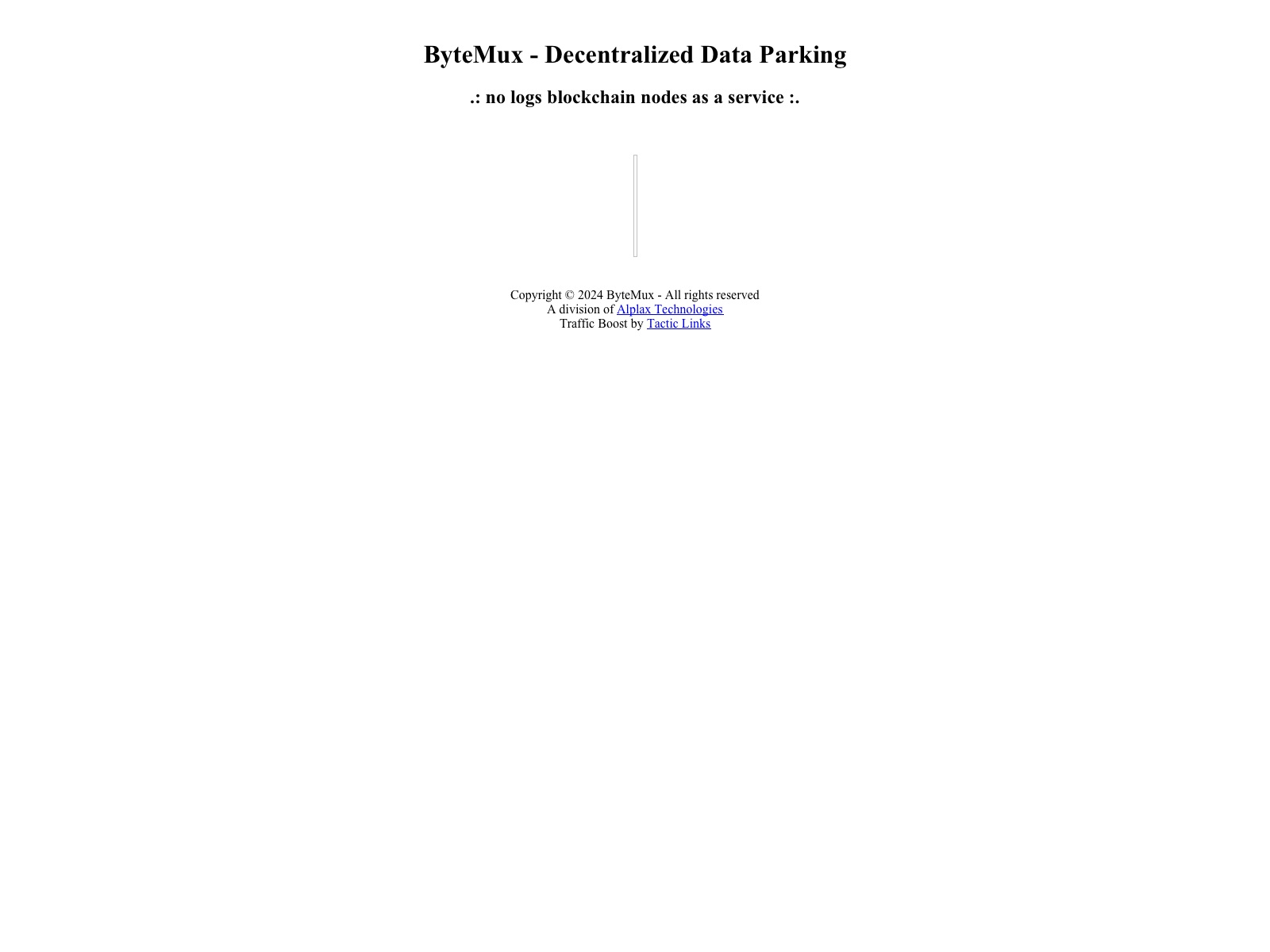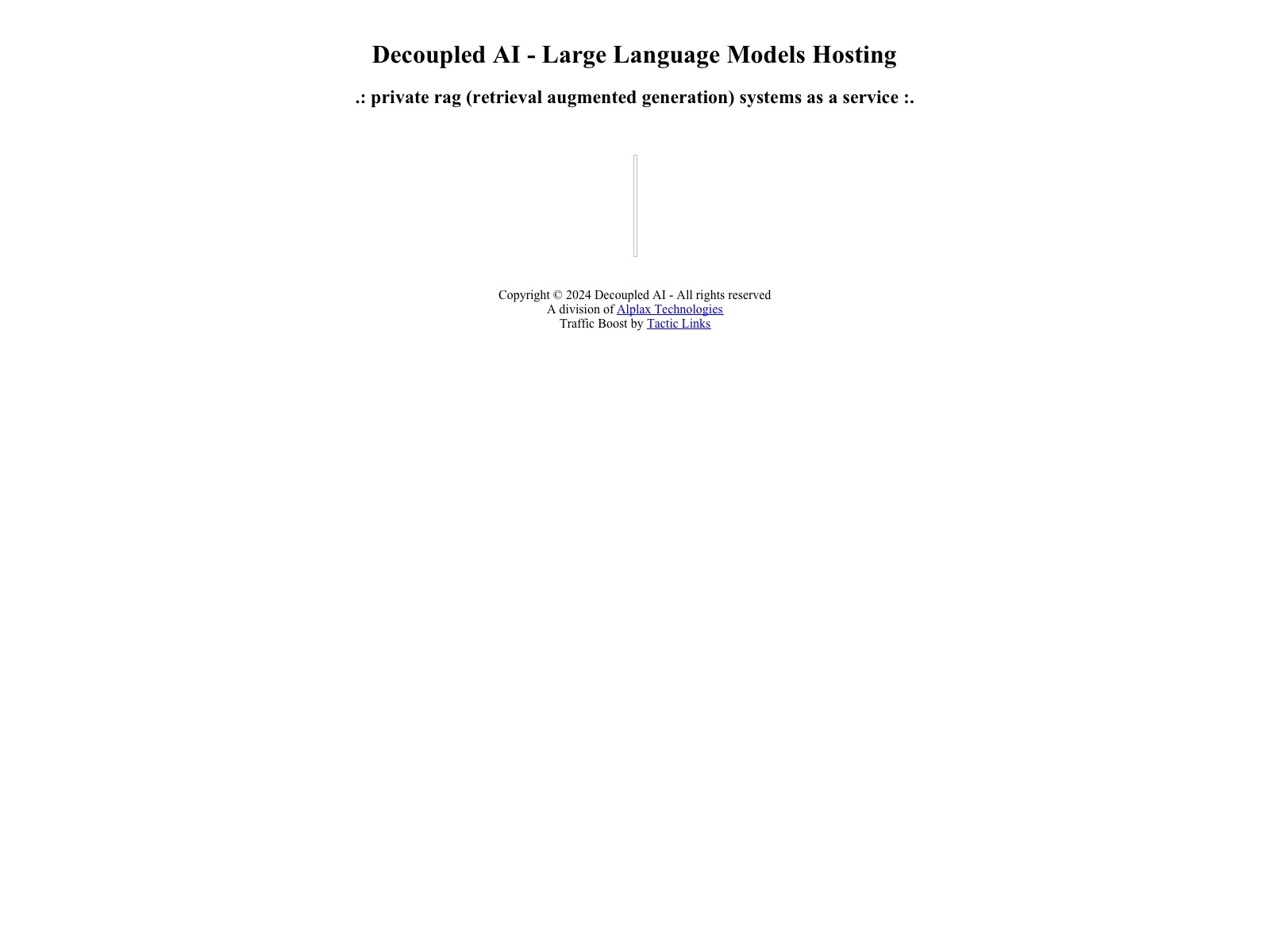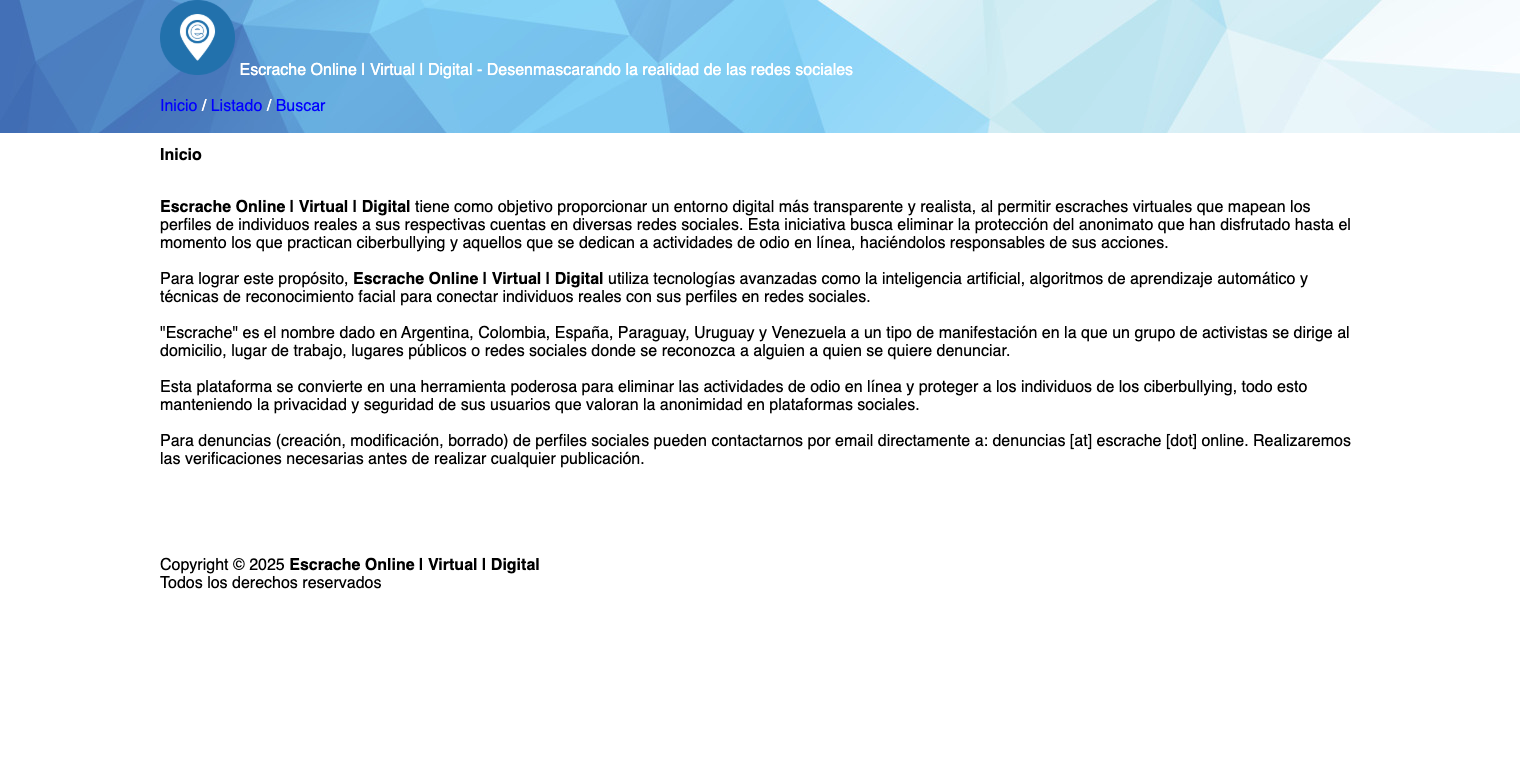Tactic Links - Organic Traffic Booster - Home
|
Path: Home > List > Load (atlasairworldwideshop.com) |
Home | About | List | Rankings | Search | Submit |
| domain | atlasairworldwideshop.com |
| summary | Original Content: --- **Title:** The Impact of Climate Change on Global Food Security **Summary:** - **Global Food Security Threats:** Climate change is a significant threat to global food security due to its impact on crop yields, fisheries, and livestock production. - **Temperature Increase:** Rising temperatures lead to reduced plant growth rates, altered nutrient composition, and changes in flowering time. Heatwaves can cause significant crop losses. - **Water Stress:** Changing precipitation patterns and increased evaporation cause water stress, reducing crop productivity and threatening food production in regions reliant on rain-fed agriculture. - **Extreme Weather Events:** Increased frequency and intensity of extreme weather events like droughts, floods, and storms damage crops, infrastructure, and livestock, affecting food availability and access. - **Ocean Acidification:** This impacts marine ecosystems, threatening fish stocks and aquaculture production, which are vital protein sources for millions worldwide. - **Sea-level Rise:** Rising sea levels inundate coastal agricultural lands and freshwater supplies, displacing communities and reducing food production capacity. - **Vulnerable Populations:** Smallholder farmers, particularly in developing countries, are most affected as they rely heavily on climate-sensitive livelihoods with limited adaptive capacity. - **Mitigation Strategies:** - **Sustainable Agriculture Practices:** Improving soil health, practicing agroforestry, and using water-efficient irrigation methods can enhance crops' resilience to changing climates. - **Diversifying Diets:** Promoting diverse diets reduces dependence on a few staple crops vulnerable to climate change impacts. - **Climate-smart Animal Husbandry:** Adapting livestock management practices to cope with heat stress and altered forage availability. - **Early Warning Systems:** Timely weather information helps farmers plan and adapt their activities better. - **Policy Actions:** Governments must invest in research, provide climate services, incentivize sustainable practices, and facilitate access to markets for climate-resilient products. **Call to Action:** - **International Cooperation:** Global cooperation is essential to address climate change impacts on food security through shared knowledge, resources, and technologies. --- **Summary of the Content:** The article discusses the adverse effects of climate change on global food security. Rising temperatures reduce crop yields, altered precipitation patterns cause water stress, and increased extreme weather events damage crops and infrastructure. Ocean acidification threatens marine ecosystems, while sea-level rise displaces coastal communities. Smallholder farmers in developing countries are most vulnerable. Strategies to mitigate these impacts include sustainable agriculture practices, diversifying diets, climate-smart animal husbandry, early warning systems, and policy actions. International cooperation is crucial for addressing this global challenge. |
| title | Home | Atlas Air Worldwide Shop |
| description | Home | Atlas Air Worldwide Shop |
| keywords | |
| upstreams | |
| downstreams | |
| nslookup | A 104.154.170.37 |
| created | 2025-03-25 |
| updated | 2025-05-01 |
| summarized | 2025-05-01 |
|
HIGHSPOTS | |
 tacticlinks.com | |
 bytemux.io | |
 3e9.me | |
 shuken.io | |
 cluebit.com | |
 decoupled.ai | |
 escrache.org | |
 greenpeace.org |
Traffic Boost by Tactic Links
[took: 1150 ms]